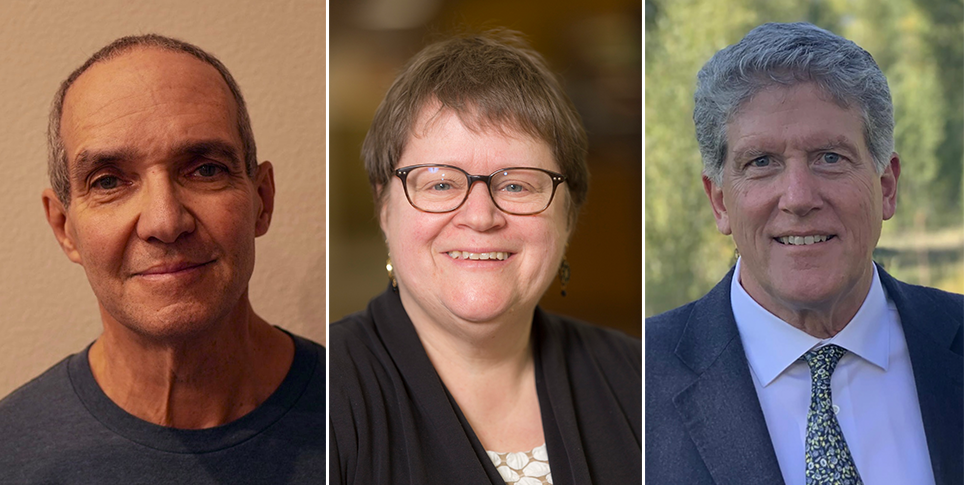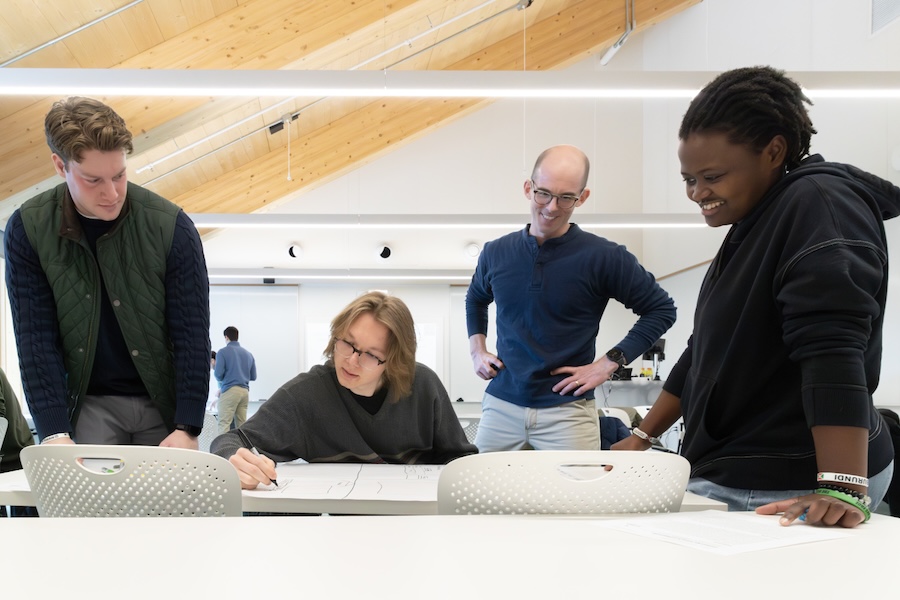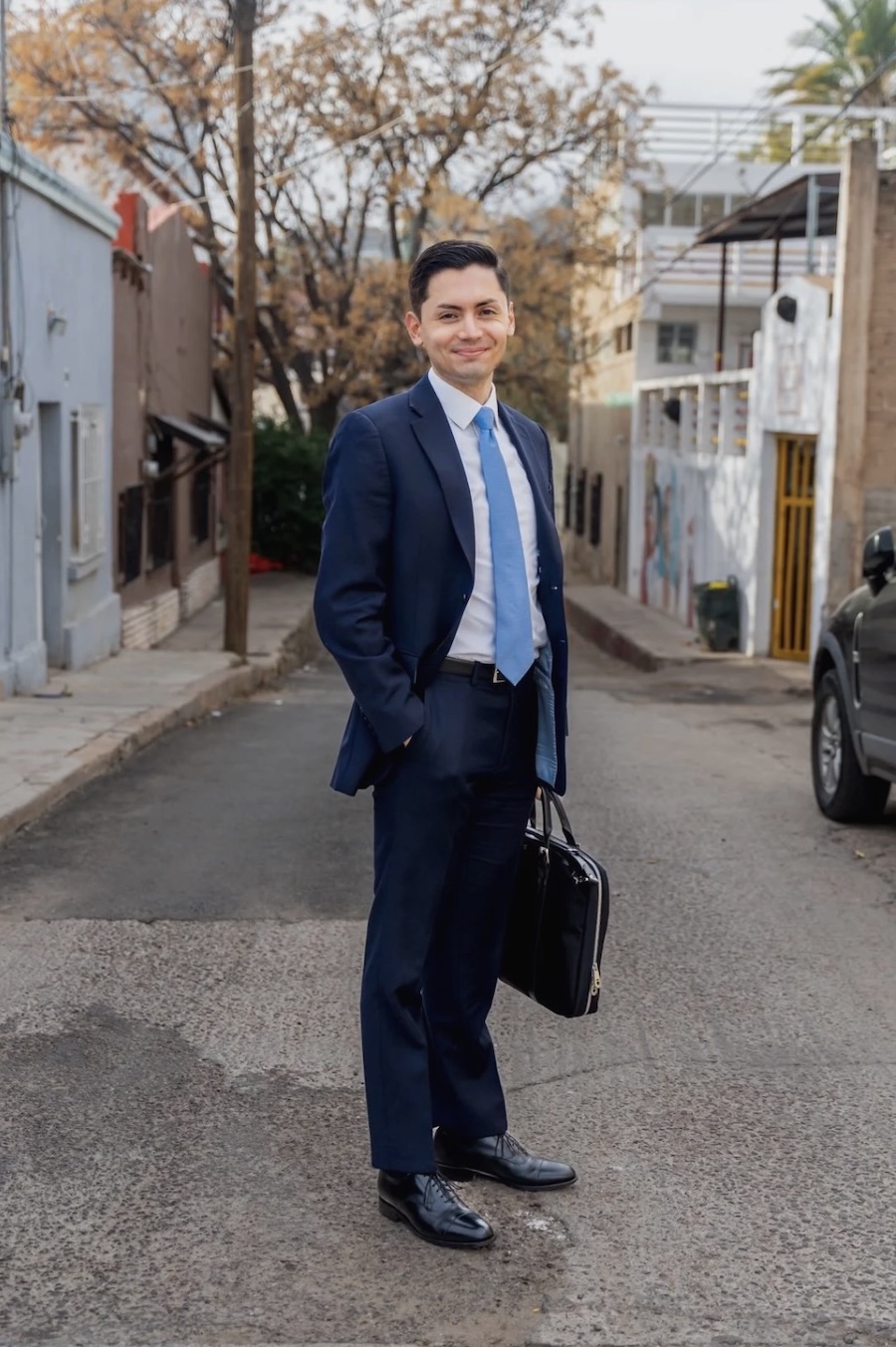World Bank Analyst Tanu Kumar ’12 on Benefits of Subsidized Homeownership
By Tom PorterAffordable home ownership has a huge range of effects, beyond just providing somewhere to live, said Tanu Kumar ’12. "When people own their own homes, they tend to think about the future more and invest in it,” explained the World Bank analyst.
“They invest in their children’s education more, they participate in local politics more and generally have a dignity and sense of agency in their relationships with others, particularly officials.” Importantly, this can lift people out of poverty and lead to intergenerational wealth, she stressed.
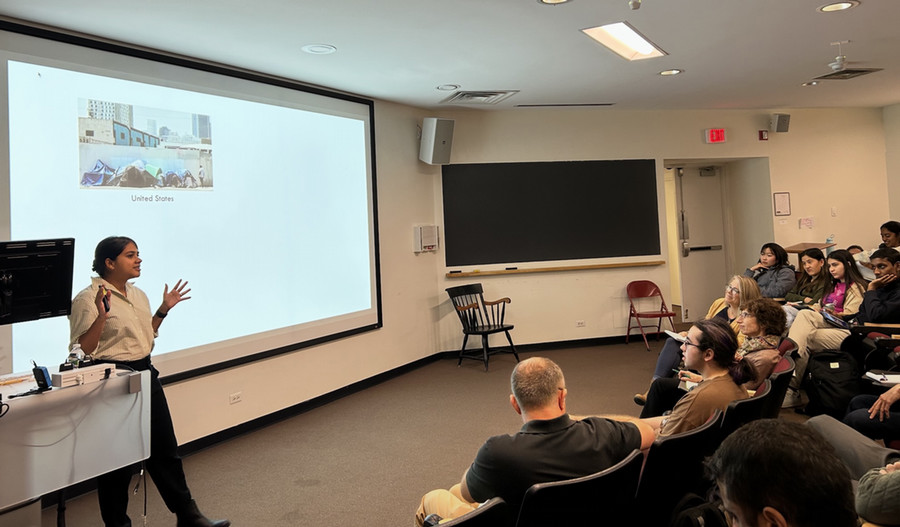
Kumar was on campus recently to talk with students about her research into subsidized home ownership programs in India. This work forms the basis of her recently published book, Building Social Mobility: How Subsidized Homeownership Creates Wealth, Dignity, and Voice in India (Cambridge University Press, 2025).
Drawing on extensive field research, Kumar analyzes three home ownership programs in India. “One is a rural initiative that’s been going for some time now,” she explained. “The government basically gives households cash grants to construct their own housing. It’s a large program, and it’s benefited between fifty million and a hundred million households since the 1980s.”
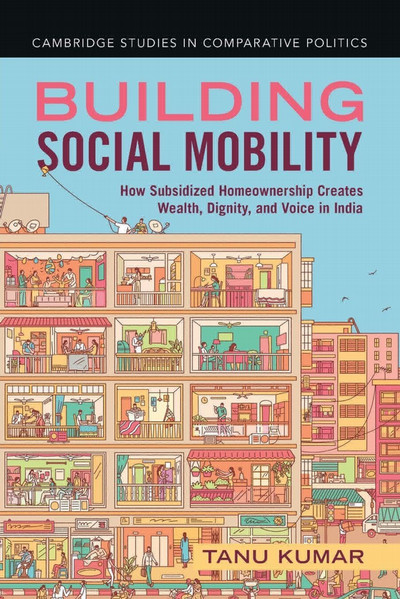
Kumar's book explores the transformative power of policies to subsidize homeownership, helping lower income citizens escape poverty and invest in the future.
The other two programs are urban initiatives in Mumbai, she said. “One is known as the ‘slum rehabilitation program,’ in which communities are moved wholesale from their settlements, which are destroyed, and given apartments in government-constructed buildings.” This type of program can be found in pretty much every city in India and much of the Global South, added Kumar, “including countries like Indonesia, Brazil, and Kenya.” The third program she analyzed, which can also be found in other cities throughout the region, is implemented through a lottery system that enables low-income families to purchase deeply discounted government-built dwellings.
“I wanted to understand how these widespread and understudied programs affect the people who benefit,” she said, “not just by focusing on economic factors but [also on] a broader range of outcomes related to how they make decisions related to their future, how they also felt about themselves, and how they behaved as members of their communities.”
Kumar’s conclusions underline the significance of putting people into housing that they own rather than rental units, which is the case with many low-income housing programs in the US, for example. Property ownership makes people more invested in the community they live in and more likely to emerge from poverty, she stressed.
During her visit to campus, Kumar also spent time talking to students in Visiting Assistant Professor Shaukat Ansari’s class “The Politics of Development.” She talked about her job at the World Bank, which she joined this year after being an assistant professor of politics and economics at Claremont Graduate University. Kumar is currently a governance specialist in the World Bank’s Public Institutions and Data Analytics Unit, meaning she looks at how governments spend the funds allocated to them. She also tackles issues of corruption.
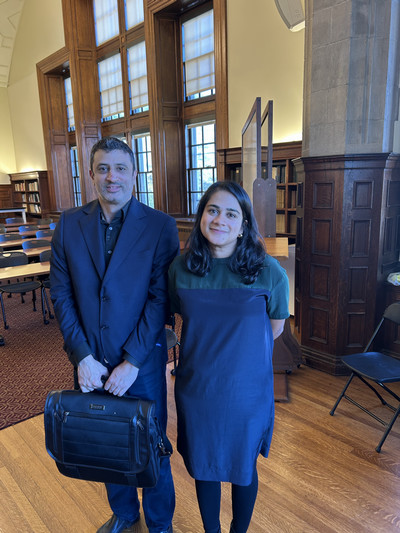
“I deal with what we call ‘weak state capacity,’ when countries can't deliver on their promises and implement policies well, even when they have the money. We ask why that is and what are the processes that they need to change.”
She talked to students about the type of work developments banks do and how they differ from aid organizations. “With aid budgets shrinking everywhere, I wanted to highlight to the students that there are still opportunities in international development and how important that type of work is.” Kumar also stressed to the students the importance of gaining in-country experience if they can.
“Leaving academia (for now, at least) for an important role at the World Bank while publishing a book with one of the top presses in the field is about as close as one can get in the academic world to a ‘mic-drop’ moment,” commented Associate Professor of Government Jeffrey Selinger, who invited his former student to campus. “Tanu was characteristically modest about the whole thing, but in my opinion, the move was pretty badass.”
As for Kumar herself, her appetite for international affairs was stimulated at Bowdoin, where, as a government major, she developed an interest in so-called fragile conflict-affected states and undertook research projects about Afghanistan and Pakistan. “When I went to grad school, I realized that there was also a lot of work to be done in India, a country I have a personal connection to, so I became more interested in development issues. But it was my experience at Bowdoin that set me on the path to this kind of work.”
